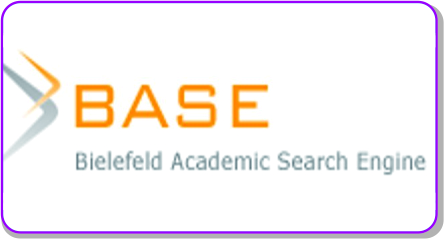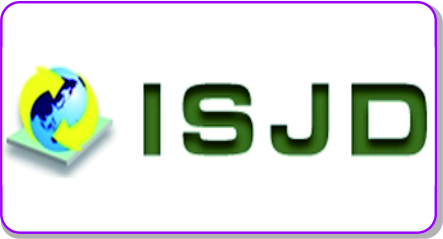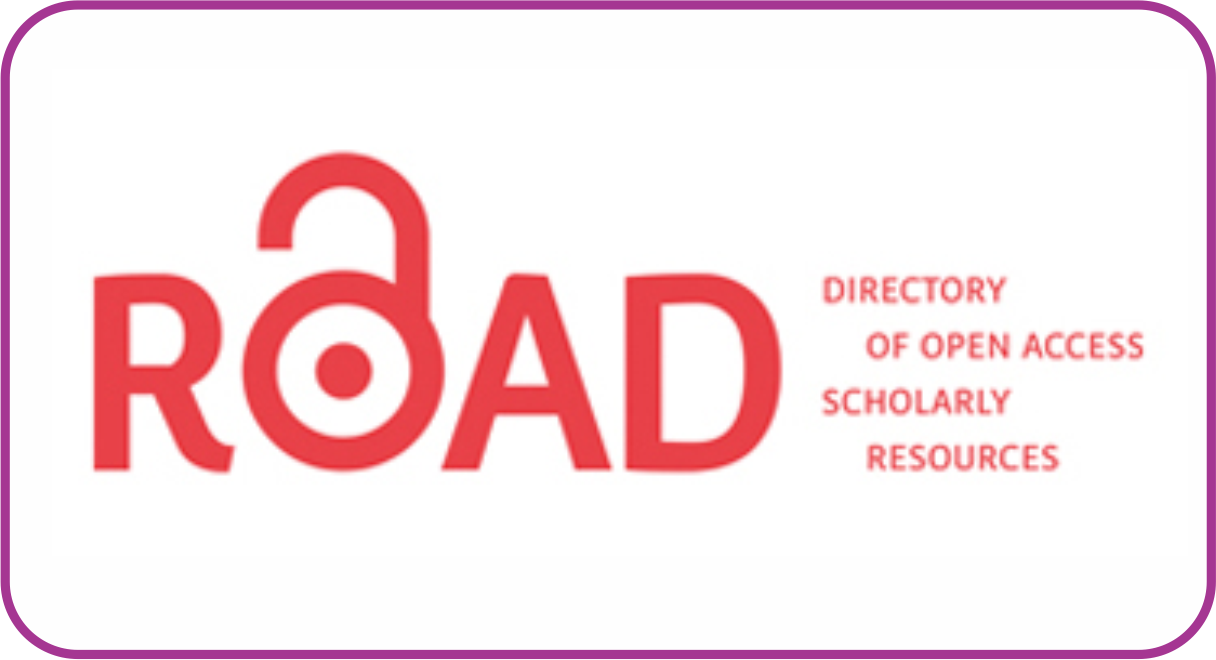Ethnoscience Study of Sedekah Bumi Bangsri Jepara Village in Elementary School Science Subjects
DOI:
https://doi.org/10.30983/educative.v8i1.6328Keywords:
Ethnoscience, Earth Alms Bangsri Jepara Village, Natural SciencesAbstract
The rapid flow of globalization can threaten the fading of local cultural values in Indonesia. This can be a challenge for the Indonesian people to choose between maintaining or eliminating the existing environmental culture. Therefore, an approach is needed, namely ethnoscience in the learning process. This study aims to describe the ethnoscience of Sedekah Bumi in Bangsri Jepara Village in elementary science material. The method used is qualitative with a phenomenology research design. The subject of this research was village heads and village officials. The data was obtained by observation, interview, and documentation. Data validation was conducted through triangulation. Based on the research results, it is known that ethnoscience learning can be integrated into elementary science learning, as evidenced in every series of almsgiving activities in Bangsri Jepara Village, including ingkang damar murup, colossal dance, shadow puppets, buffalo slaughter, and the penjor  festival. Based on the research that has been done, it is concluded that science content is integrated into grade III, IV, and V SD materials. Grade III material that is integrated with the alms of the earth is a change in the form of objects and the benefits of plants for humans. Grade IV material is the style of motion, the relationship between form and function of animal and plant body parts, and light. Grade V materials are heat transfer, human organs, and the classification of animals based on the type of food they eat. Then, in addition to SD material, namely the emulsion in coconut milk and nutrients in the soil in plants. It is hoped that this research will not only be able to integrate the Sedekah Bumi culture with elementary science material but that students can also relate the almsgiving culture with cultural preservation activitiesReferences
Books
Abdussamad, Zuchri, Metode Penelitian Kualitatif, 2021
Sutama, Yulia Maftuhah Hidayati, dan Menggy Novitasari, Metode Penelitian Pendidikan, Muhammadiyah University Press, 2022
Miles, Matthew B, A.Michael Huberman, and Johnny Saldana, Qualitative Data Analysis, 2014
Journals
Agustina, Rifta Nabila Wayhu, and Anatri Desstya, ‘Studi Eksplorasi Konsep Gaya Dan Gerak Pada Tari Dhadak Merak Reog Ponorogo’, Basicedu, 6.4 (2022), 5624–31 <https://doi.org/https://doi.org/10.31004/basicedu.v6i4.3012>
Atmojo, Setyo Eko, Wahyu Kurniawati, and Taufik Muhtarom, ‘Science Learning Integrated Ethnoscience to Increase Scientific Literacy and Scientific Character’, Journal of Physics: Conference Series, 1254.1 (2019) <https://doi.org/10.1088/1742-6596/1254/1/012033>
Awaludin A., Y.R. Nugraheni, dan S. Nusantoro, ‘Teknik Handling Dan Penyembelihan Hewan Qurban’, Jurnal Pengabdian Masyarakat Peternakan, 2.2 (2017), 84–97 <https://doi.org/http://dx.doi.org/10.35726/jpmp.v2i2.209>
Hafiza, Reza, ‘Pengembangan Modul Berbasis Etnosains Dalam Mata Pelajaran IPA Materi Ekosistem Sawah Di SD Negeri 28 Kelas V Di Suku Gumai Tanjung Sakti (Pagar Alam)’, Repository IAIN Bengkulu, Skripsi Program Studi PGMI Jurusan Tarbiyah IAIN Bengkulu, 2021
Hidayatulloh, Furqon Syarief, ‘Sedekah Bumi Dusun Cisampih Cilacap’, El-HARAKAH (TERAKREDITASI), 15.1 (2013), 1-17 <https://doi.org/10.18860/el.v15i1.2669>
Kemalawati, Agoestin, ‘Pelatihan Seni Merangkai Bunga Dan Janur Di Pkk Pedukuhan Kembangputihan’, 1.2 (2020), 42–48
Khutniah, Nainul, and Veronica Eny Iryanti, ‘Upaya Mempertahankan Eksistensi Tari Kridha Jati Di Sanggar Hayu Budaya Kelurahan Pengkol Jepara’, JOGED Jurnal Seni Tari, 3.1 (2012), 36–48 <https://doi.org/10.15294/JST.V1I1.1804>
Kurniawan, Dwi Agus, Asrial, Syahrial, Wanada Siti Salsabilah, Eka Feri Kurniawati, Qolbi Shanaz Anandari, and others, ‘Ethnoscience Investigation in Primary Schools: Impact on Science Learning’, Universal Journal of Educational Research, 7.12 (2019), 2789–95 <https://doi.org/10.13189/ujer.2019.071229>
Mahdayeni, Mahdayeni, Muhammad Roihan Alhaddad, and Ahmad Syukri Saleh, ‘Manusia Dan Kebudayaan (Manusia Dan Sejarah Kebudayaan, Manusia Dalam Keanekaragaman Budaya Dan Peradaban, Manusia Dan Sumber Penghidupan)’, Tadbir: Jurnal Manajemen Pendidikan Islam, 7.2 (2019), 154–65 <https://doi.org/10.30603/tjmpi.v7i2.1125>
Melinda, Tiara, and Erwin Rahayu Saputra, ‘Canva Sebagai Media Pembelajaran Ipa Materi’, JIPD) Jurnal Inovasi Pendidikan Dasar, 5.2 (2021), 96–101 <http://unikastpaulus.ac.id/jurnal/index.php/jipdhttps://doi.org/10.36928/jipd.v5i2.848>
Pingge, Heronimus Delu, ‘Kearifan Lokal Dan Penerapannya Di Sekolah’, Jurnal Edukasi Sumba (JES), 1.2 (2017) <https://doi.org/10.53395/jes.v1i2.27>
Puspasari, Afrin, Indah Susilowati, Lilis Kurniawati, Resiana Ridha Utami, Indra Gunawan, and Ika Candra Sayekti, ‘Implementasi Etnosains Dalam Pembelajaran IPA Di SD Muhammadiyah Alam Surya Mentari Surakarta’, SEJ (Science Education Journal), 3.1 (2019), 25–31 <https://doi.org/10.21070/sej.v3i1.2426>
Rachmawati, Nikmah, Mizano Liongga Alhassan, and Mukhammad Syafii, ‘Sedekah Bumi : Model Kebersyukuran Dan Resiliensi Komunitas Pada Masyarakat Pesisir Utara Jawa Tengah’, Jurnal Penelitian, 15.1 (2021), 1–26 <https://doi.org/10.21043/jp.v15i1.9075>
Rahmawati, Farida, and Idam Ragil Widianto Atmojo, ‘Etnosains Pasar Terapung Kalimantan Selatan Dalam Materi Ilmu Pengetahuan Alam (IPA) Sekolah Dasar’, Jurnal Basicedu, 5.6 (2021), 6280–87 <https://doi.org/10.31004/basicedu.v5i6.1809>
Sarwi, Alim, S. Fathonah, and B. Subali, ‘The Analysis of Ethnoscience-Based Science Literacy and Character Development Using Guided Inquiry Model’, Journal of Physics: Conference Series, 1567.2 (2020) <https://doi.org/10.1088/1742-6596/1567/2/022045>
Sayekti, Ika Candra, and Arum Mawar Kinasih, ‘Kemampuan Guru Menerapkan Keterampilan Proses Sains Dalam Pembelajaran IPA Pada Siswa Sekolah Dasar’, Profesi Pendidikan Dasar, 4.1 (2017), 97–105 <https://doi.org/10.23917/ppd.v1i1.4464>
Sidik, Suci L, Feti Fatimah, and Meiske S Sangi, ‘Pengaruh Penambahan Emulsifier Dan Stabilizer Terhadap Kualitas Santan Kelapa’, Jurnal Mipa Unsrat Online, 2.2 (2013), 79–83
Suastra, I Wayan, and Ni Made Pujani, ‘Ethnoscience-Based Science Learning Model to Develop Critical Thinking Ability and Local Cultural Concern for Junior High School Students in Lombok’, 7.20 (2021) <https://doi.org/10.29303/jppipa.v7i1.530>
Utami, Clara Prahestu Dwi, ‘Peningkatan Pemahaman Tentang Materi Sifat Benda Dan Perubahan Wujud Dengan Metode Penemuan Terbimbing Siswa Kelas V SD Negeri Nyamplung Gamping Pada Semester 1 Tahun Pelajaran 2010/2011’, Repository.Usd.Ac.Id, 2011, 1–85 <https://repository.usd.ac.id/25510/2/084114001_Full%5B1%5D.pdf>
Wandini, Rora Rizky, Chairul Bariyah, Habibah Aini Lubis, Nabila Maulidah Nur, and Syafna Mardhatillah, ‘Metode Eksperimen Pada Proses Pembelajaran Perubahan Wujud Benda Pada Sekolah Dasar’, Jurnal Pendidikan Dan Koseling, 4 (2022), 2014–20
Wardani, I S, and D Y Devi, ‘Analisis Muatan IPA Kelas 4 Berdasarkan Karakteristik Etnosains Berbasis Potensi Lokal Kota Gresik’, 2022 <https://doi.org/https://doi.org/10.31219/osf.io/yw25p>
Wati, Sakila, Agil Al Idrus, and Abdul Syukur, ‘Analysis Of Student Scientific Literacy: Study On Learning Using Ethnoscience Integrated Science Teaching Materials Based On Guided Inquiry’, J. Pijar MIPA, 16.5 (2021), 625–30 <https://doi.org/10.29303/jpm.v16i5.2292>
Zahrawati, Fawziah, Muhammad Idris, Didiek Handayani Gusti, Andi Aras, Institut Agama, Islam Negeri, and others, ‘The Effect Of Organizational Culture On Self-Concept And Discipline Toward Self-Regulated Learning’, 24.2 (2021), 290–302 <https://doi.org/https://doi.org/10.24252/lp.2021v24n2i11>
Zuhaida, Anggun, and Wawan Kurniawan, ‘Deskripsi Saintifik Pengaruh Tanah Pada Pertumbuhan Tanamaan: Studi Terhadap QS. Al A’raf Ayat 58’, 01.02 (2018), 61–69 <https://doi.org/http://dx.doi.org/10.21043/thabiea.v1i2.4055>
Downloads
Additional Files
Submitted
Accepted
Published
Issue
Section
License
Authors who publish with this journal agree to the following terms:
1. Authors retain copyright and grant the journal right of first publication with the work simultaneously licensed under a Creative Commons Attribution License that allows others to share the work with an acknowledgment of the work's authorship and initial publication in this journal.
2. Authors are able to enter into separate, additional contractual arrangements for the non-exclusive distribution of the journal's published version of the work (e.g., post it to an institutional repository or publish it in a book), with an acknowledgment of its initial publication in this journal.
3. Authors are permitted and encouraged to post their work online (e.g., in institutional repositories or on their website) prior to and during the submission process, as it can lead to productive exchanges, as well as earlier and greater citation of published work (See The Effect of Open Access).

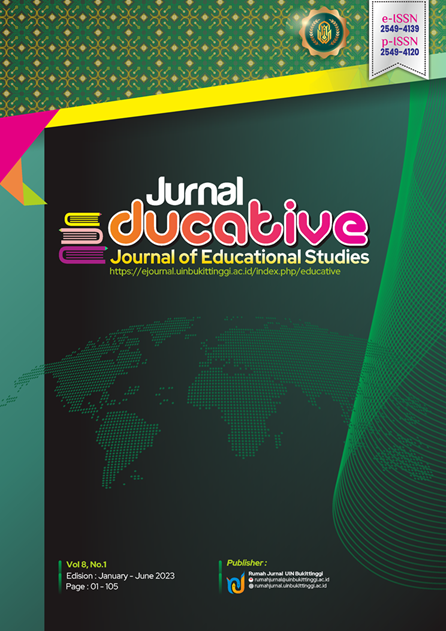



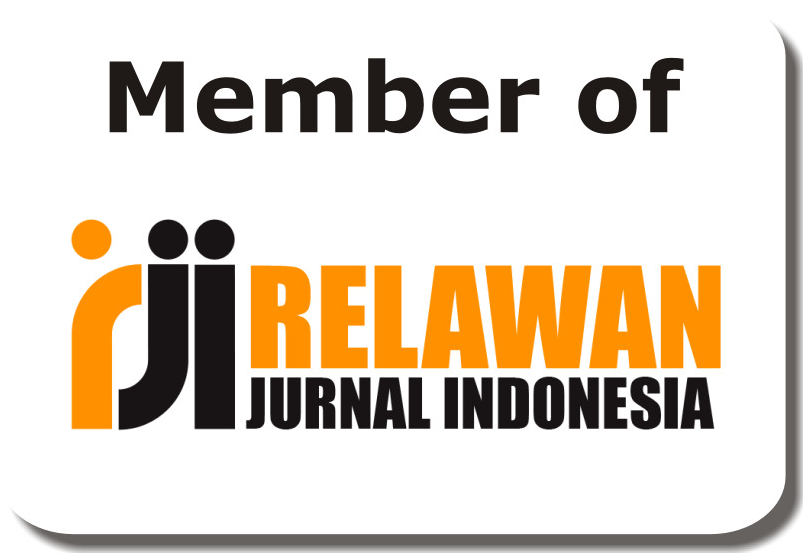


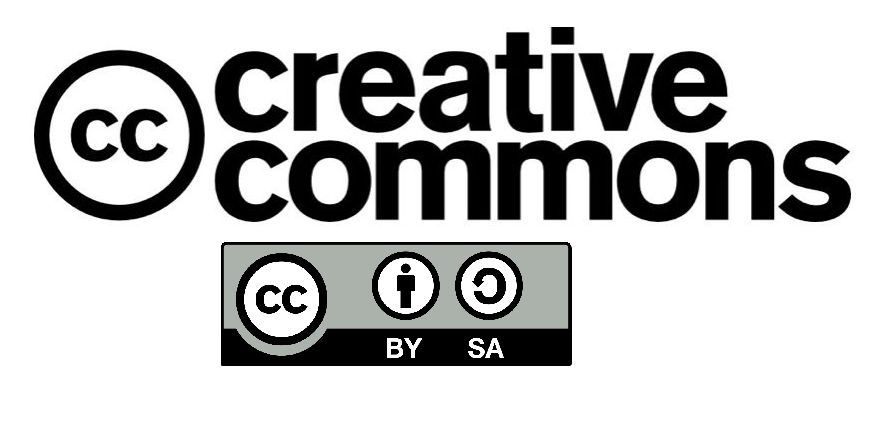


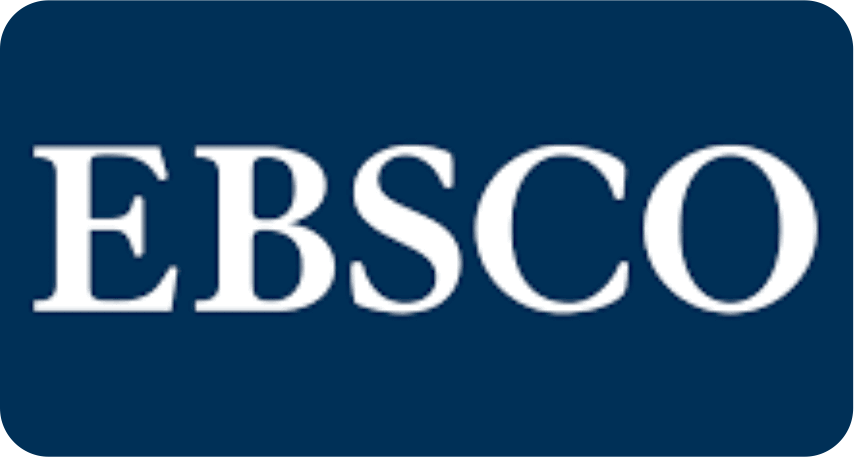






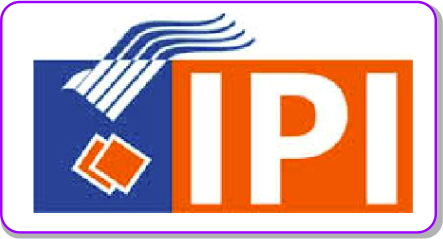 Â
 
